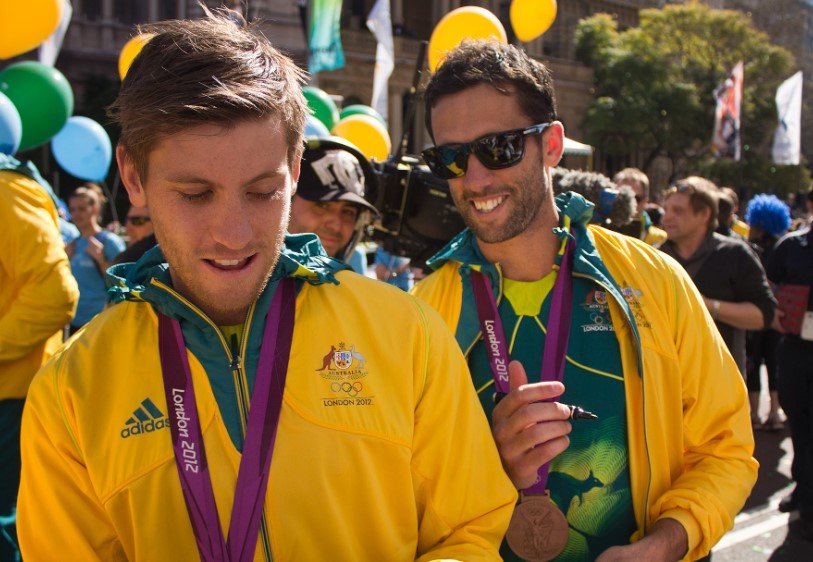Leadership Change at the Australian Olympic Committee
Mark Arbib has been appointed as the new chief executive of the Australian Olympic Committee (AOC), taking over from Matt Carroll. With the Brisbane 2032 Games on the horizon, Arbib’s leadership marks a pivotal shift as Australia looks to strengthen its Olympic standing while navigating competition from domestic sports leagues.
The 53-year-old brings a wealth of experience, having served on the AOC’s executive committee since 2016. His role as chair of the Brisbane Legacy and Impact Committee has positioned him at the heart of preparations for the upcoming Games. Prior to this, Arbib was a federal government sports minister and president of Athletics Australia, a position he held for six years until 2021.
Arbib’s Vision for the AOC
Arbib sees the Olympics as the ultimate stage for sporting excellence. “The Olympics are the pinnacle of sport – both in Australia and across the globe,” he said. “To be chosen as chief executive of the Australian Olympic Committee, with a home Games in 2032, is an incredible opportunity to harness the power of the rings to inspire and advance our nation.”

AOC president Ian Chesterman expressed confidence in Arbib’s ability to lead the organization through this critical period. “Mark is highly skilled in the workings of the sports system, having served as president of Athletics Australia for six years,” Chesterman said. “Together with his experience in government, business, fundraising, and philanthropy, I look forward to him bringing his unique and compelling skillset to the operations of the AOC.”
The Challenge of Competing Sports
One of the pressing challenges facing Arbib is competition from domestic sports leagues for top-tier athletes. He specifically pointed to the AFLW and NRLW, the women’s divisions of Australian rules football and rugby league, as growing forces that could divert talent away from Olympic sports.
“I’m a big fan of the NRL, and I’m a big fan of the AFL, I love those sports, but they are absolute commercial giants, they’re juggernauts,” Arbib said. “They are hugely successful at what they do, they’re expanding now, their women’s competitions are extremely successful, so we’re competing for talent now in the women’s sports space. What I don’t want to see is that impacting upon our results, Australians want a successful team.”
His concern is that these domestic leagues, with their financial muscle and media presence, could draw young athletes away from Olympic disciplines. Retaining and developing talent for traditional Olympic sports will be a key focus under his leadership.
Brisbane 2032 as a Rallying Point
Arbib believes the Brisbane 2032 Games will be a crucial tool for inspiring the next generation of athletes. The opportunity to compete in a home Olympics, he argues, can help keep young talent in the Olympic fold rather than losing them to other sports.
“We need to ensure that we are inspiring kids to join us, to become Olympic swimmers, to become Olympic athletes, that’s the dream,” he said.
Australia has historically performed well in the Olympics, particularly in swimming, cycling, and athletics. However, the lure of professional leagues offering lucrative contracts can make it harder to retain top young talent. The challenge for the AOC will be to use the momentum of Brisbane 2032 to keep Olympic sports competitive and appealing.
Political and Administrative Background
Arbib’s career trajectory has been shaped by both politics and sports administration. He was a trade unionist in the 1990s before rising through the ranks of the NSW Labor Party in the 2000s. Elected as a senator in 2007 at the age of 35, he made headlines in 2010 as the first Labor frontbencher to publicly support same-sex marriage.
His experience in government, particularly in the realm of sports policy, will likely be an asset as he navigates the intersection of politics, funding, and athlete development leading up to the Brisbane Games.
The road to 2032 is long, and Arbib has a monumental task ahead. But with his background in sports administration and government, he’s well-positioned to steer Australian Olympic sports through a competitive and evolving landscape.







